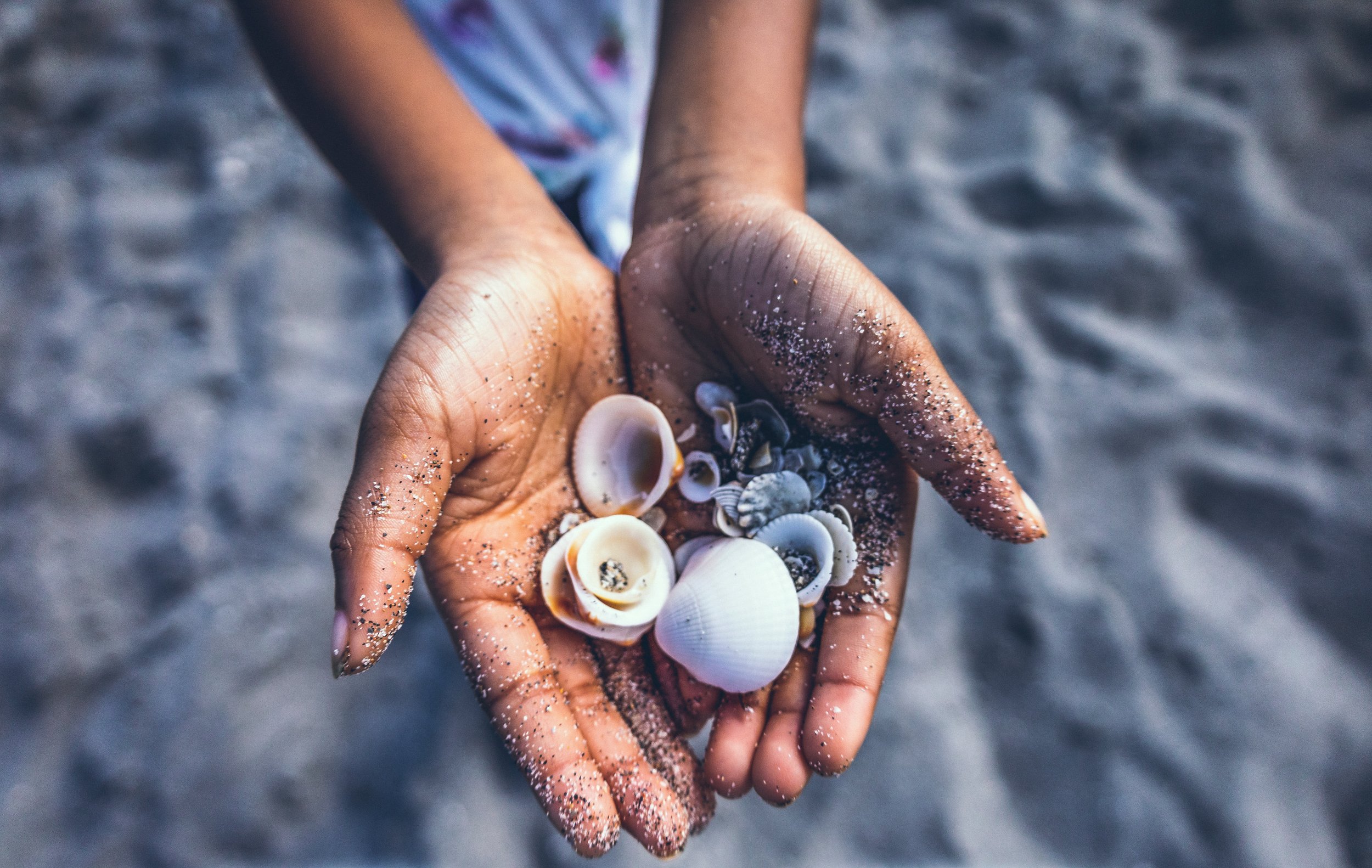The Kindness Rebellion
Image by Javel Williams / Unsplash
There’s a common (relatively speaking) “Buddhist joke” about how much better it would be if we celebrated Interdependence Day, rather than Independence Day. Why celebrate our fundamental differences when we could take a day to honor humanity and the fact that everything in the world is fundamentally connected?
Jokes aside, it’s a provocative notion. What’s ironic about accepting the idea of interdependence is that it can be quite uncomfortable to let go of our impulse to differentiate. Sure, on some level, the idea of feeling connected to everything — including pigeons on the sidewalk and people whose values you can’t stand — seems too good to be true. In steps our pragmatic, survival-oriented side — the part of ourselves that looks out for differences between ourselves and others.
Valuing independence is part of survival, after all. This instinct is likened to “negativity bias,” the instinct that tells us we need to look out for threats around us, rather than relishing in our commonality.
I am challenged every day to learn and re-learn the practice of resisting my conditioning — the voice that tells me to judge myself when I realize I sent an email with a typo in it; the part of me that becomes immediately agitated when in line at the airport; the impulse that tells me I should try to fix my friend’s feelings of sadness, rather than simply trying to be a good listener.
When I try to find the right words to describe interdependence, I’m reminded of something my friend said to me more than a decade ago at the end of a nine-day retreat:
“If you really want to be a rebel, practice kindness.”
What she said instantly got to the heart of what I had long been trying to articulate about the strength and power of compassion: that interdependence could be a feeling, rather than an idea.
Of course, if all rebellion was enacted through kindness, the United States would probably never be celebrating Independence Day — and perhaps we’d have achieved the elusive goal of world peace ages ago. But the core of what my friend was trying to express was radical.
Culture may tell us to scorn the coworker we think receives more validation from our boss than we do. But what would happen if we examined our scorn instead in order to learn something about our relationship to our coworker? What if we considered why we sought our boss’s validation so much — or why we seemed to feel its absence in the presence of this coworker? Might we feel differently if we knew more about our coworker’s family or her past? Perhaps.
Interdependence is about expanding the lens through which we perceive ourselves and our world. When we experience sorrow, we can know that everyone else does too. We all know longing and sorrow and loneliness, and we are all changing constantly. We may operate independently, but we are interdependent above it all.
Over my 40 years of teaching meditation, many students have expressed worry to me about the potential pitfalls of focusing on connection. Does it make us pushovers? Do we have to agree with everyone? Do we have to pretend to love the people we hate?
The answer to all of these questions is no. In fact, our interdependence comes from strength rather than weakness, and our focus on connection needn’t be expressed to anyone but ourselves.
I’d also be the first to acknowledge that this work is never done. I remember after my first book Lovingkindness was published, people often told me how impressed they were that I could love everybody all the time. In response, I told them that I truly believed universal love is possible, but that I don’t live every moment of every day filled with boundless, radiant love. In fact, during that time, I remember complaining to a friend about a mutual acquaintance, and she said:
“Haven’t you read your own book?”
Part of interdependence is the act of recognizing, rather than ignoring or denying, when our actions don’t align with our aspirations. We harness the power of our attention to resist the impulse to shut down, to separate, to judge. In that open space, we simply see life as it is: connected to us entirely, within and without.
In feeling all we do — that big range of desires and fears and uncertainties — we can forge a path that maintains wisdom and love, based on knowing how interdependent we all truly are, as our north star.
Originally published on On Being Website on July 11th, 2016.

